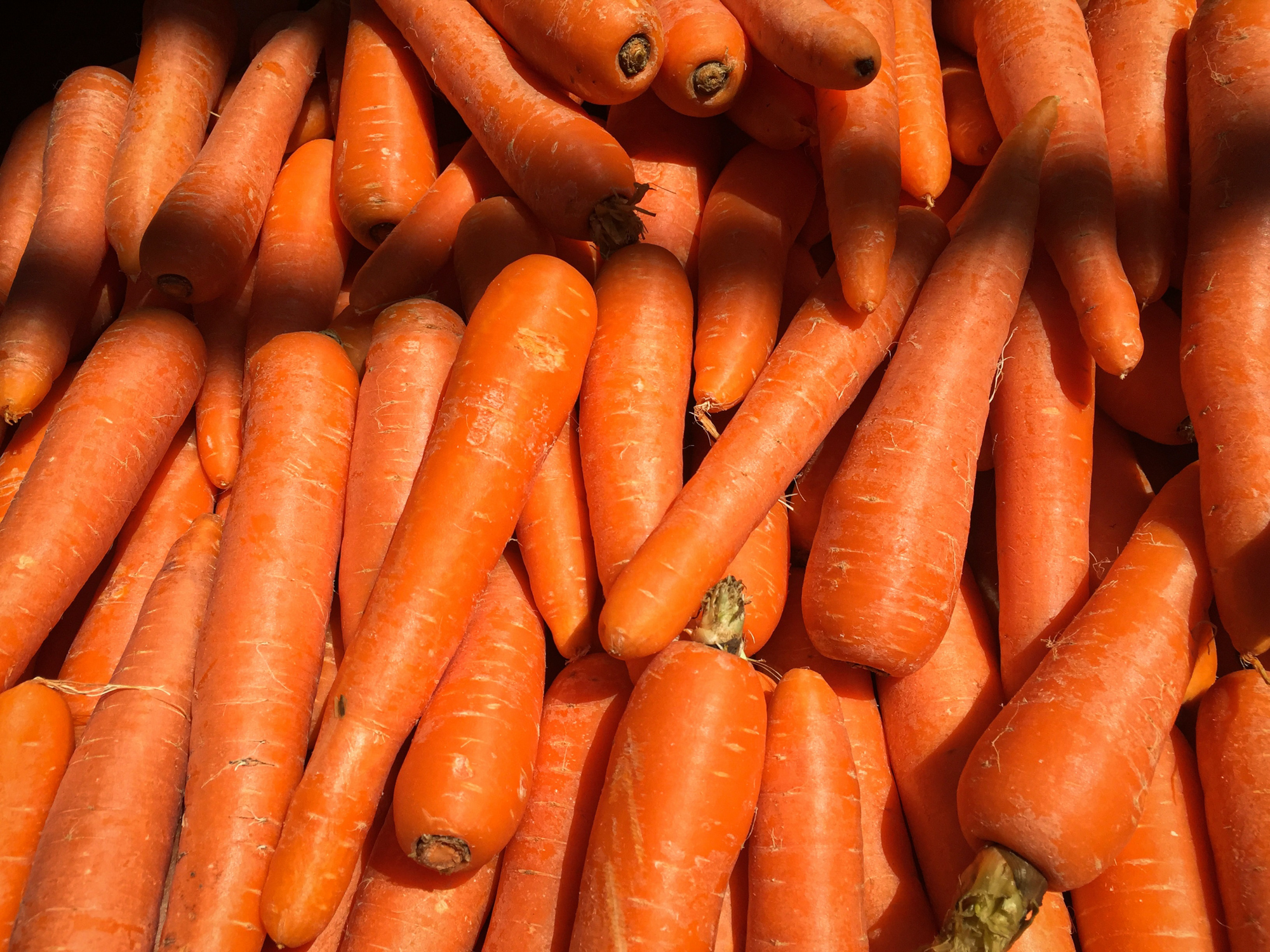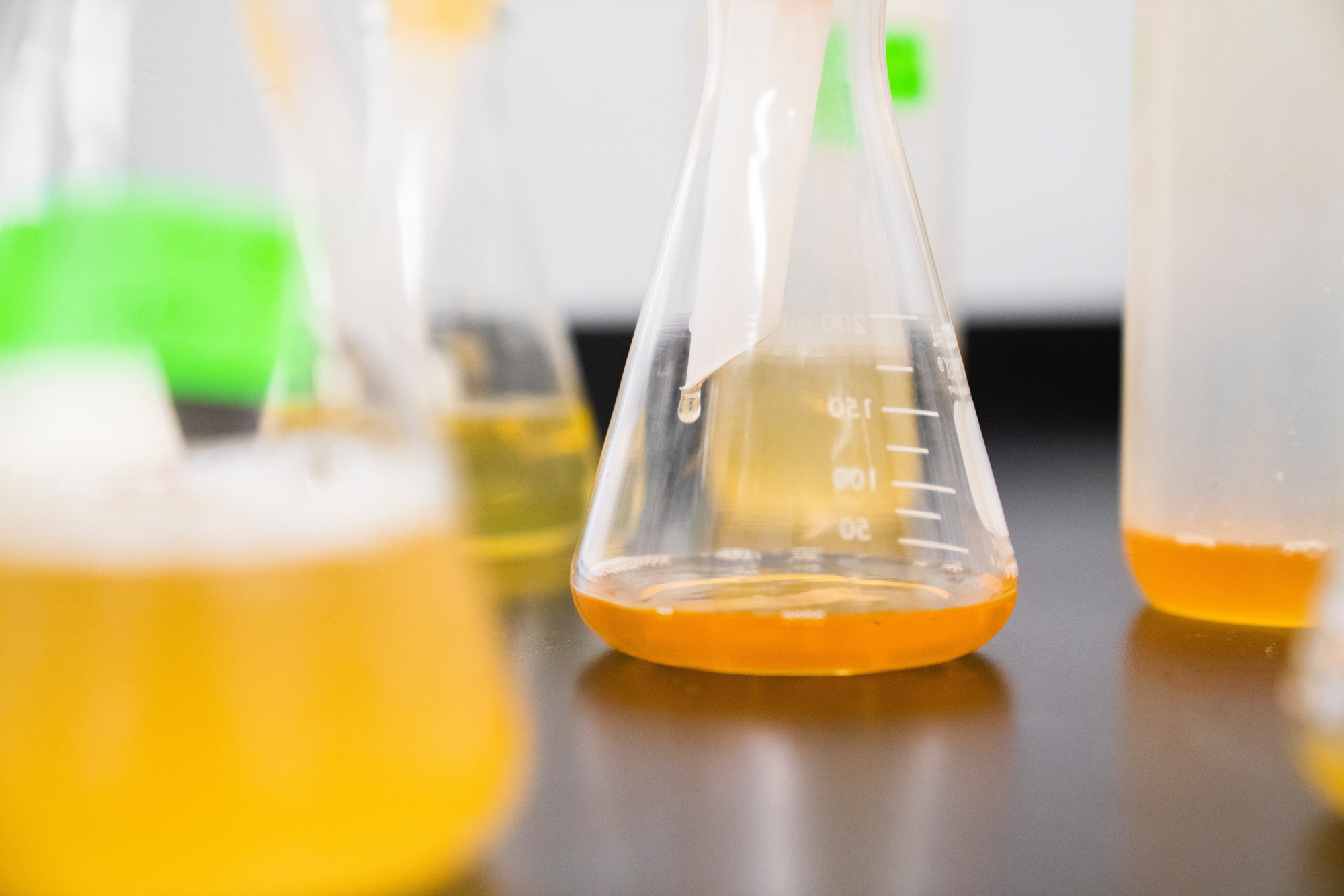







Carotenoids
a natural precursor of vitamin A
Plant-based
Familiar, clean and minimally processed
Vibrant orange colour
Antioxidant effect

Carrots contain provitamin A carotenoids, which the body transforms into vitamin A. Vitamin A has been proven to contribute to the maintenance of normal eye¹ ² ³ and skin health¹, cognition⁴, gut health⁵, and immune health.¹ ⁶ ⁷ Carrots are also rich in natural antioxidants.¹⁷

Our carrots can be traced to the field, where they are grown by small, responsible suppliers in Germany. In accordance with our Sourcing4Good programme, our suppliers use sustainable farming practices to protect the environment, and conduct regular soil analysis in order to monitor fertilization according to identified crop needs.



























Generally considered healthier and more nutritious than the other main cereals, oats offer a full range of benefits in a single ingredient. OatWell™ can be provided in three different concentrations of beta-glucans, all delivering both soluble and insoluble fibres, along with an average of 21% - 23% protein.
OatWell™ uses a unique production process to fractionate the oat kernel into three product lines: beta-glucan products, oat flours, and oat oils. Our production process preserves the native structure of oat beta-glucans, retaining their high molecular weight during fractionation into oat brans with a high amount of beta-glucans.


The molecular weight of oat beta-glucan is essential to delivering health benefits. OatWell™'s beta-glucan has a very high molecular weight (2000-2500 kDa as naturally found in oats), which contributes to its unique viscosity and thickening properties. This viscosity has an important impact on physiological functions, such as reducing blood cholesterol levels, moderating blood glucose and insulin levels, and potentially benefiting satiety.
Benefits of OatWell’s high molecular weight:







The prebiotic effects of oat bran fibre have been validated through years of research. In a review by Malkki and Virtanen, they cite: “in the large bowel, soluble dietary fibre increases the fermentation activity, especially production of butyric acid, enhances growth and colonisation of some probiotic bacterial strains, increases production of microbial mass and thereby aids the removal of nitrogen via faeces. It also increases wet weight of stools, thereby alleviating constipation”.²¹
Research conducted on oat beta-glucan demonstrates that it meets three important criteria, confirming its status as a prebiotic fibre:¹ ²




